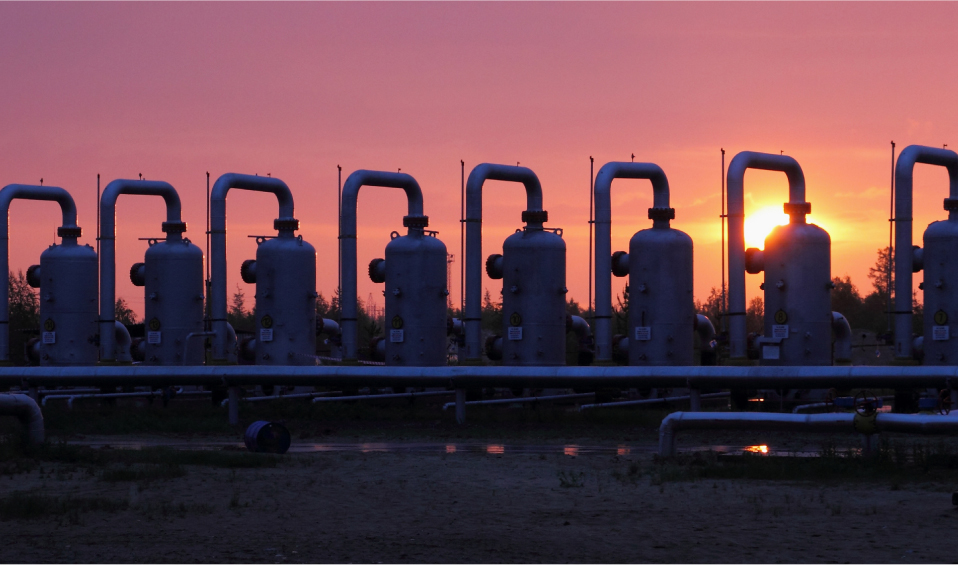
Thanks to ESCP Business School's Energy Management Centre wide network in the academic and business communities, our views on energy news give you comprehensive insight into energy issues.
Please join us...
Climate change is the most significant global environmental issue, so policy discussions with mid- to long-term perspectives are ongoing worldwide (e.g., UNFCCC). At the same time, energy is a critical global issue in the current society. Recently, energy demand has dramatically increased in large emerging countries (e.g., China and India), driven by economic and population growth. This tendency will continue, thus raising concerns about energy supplies in the future. Also, because production and reserves of fossil fuels are located in a limited number of countries, other countries, including those in East Asia, that are poor in energy resources and dependent on imported fossil fuels will face potential price-fluctuations and geopolitical risks.
Climate change mitigation is aimed at reducing GHG emissions, in particular CO2. Promotion of energy efficiency and shifts to low-carbon energy are critical for reducing emissions. If energy savings and low-carbon energy use are both adopted, the volume of and the dependence on imported energy will decline - helping to improve energy security.
The UK Department of Energy and Climate Change (DECC) announced on Thursday 26 February the results of the first auctions for the allocation of Contracts-for-Difference (CfD). CfD is a policy under the UK Government's Electricity Market Reform programme for the competitive allocation of support to renewable energy technology projects. 27 CfD contracts have been awarded, that included 2 offshore wind farms, 15 onshore wind farms and 5 solar PV projects, securing support for more than 2GW of new renewable electricity capacity. The total amount of support amounted to a total of £315 million.
Strong competition in auctions has brought strike prices down, with solar projects securing support levels as low as £50/MWh (near grid parity levels) and onshore wind projects clearing at £80-83/MWh, a historic low for the UK, and lower than earlier administratively set levels of support provided for onshore wind. The two offshore wind projects that secured support, Neart na Goithe (448MW) and East Anglia 1 (714MW) cleared at £114/MWh and £120/MWh respectively, quite low for this technology standard, but still above support levels for technologies like nuclear (EDF's proposed new nuclear plant Hinkley Point C secured 35 year-long funding at £92.5/MWh in 2012 prices). This is a good indication that levelised costs for offshore wind are coming down, as just over a year ago DECC awarded support for offshore wind projects at nearly £150/MWh. CfD contracts awarded for all technologies have a duration of 15 years.




527 Finchley Road
London NW3 7BG
United Kingdom
Tel: +44 (0)20 7443 8800
Fax: +44 (0)20 7443 8845
E-mail: [email protected]










